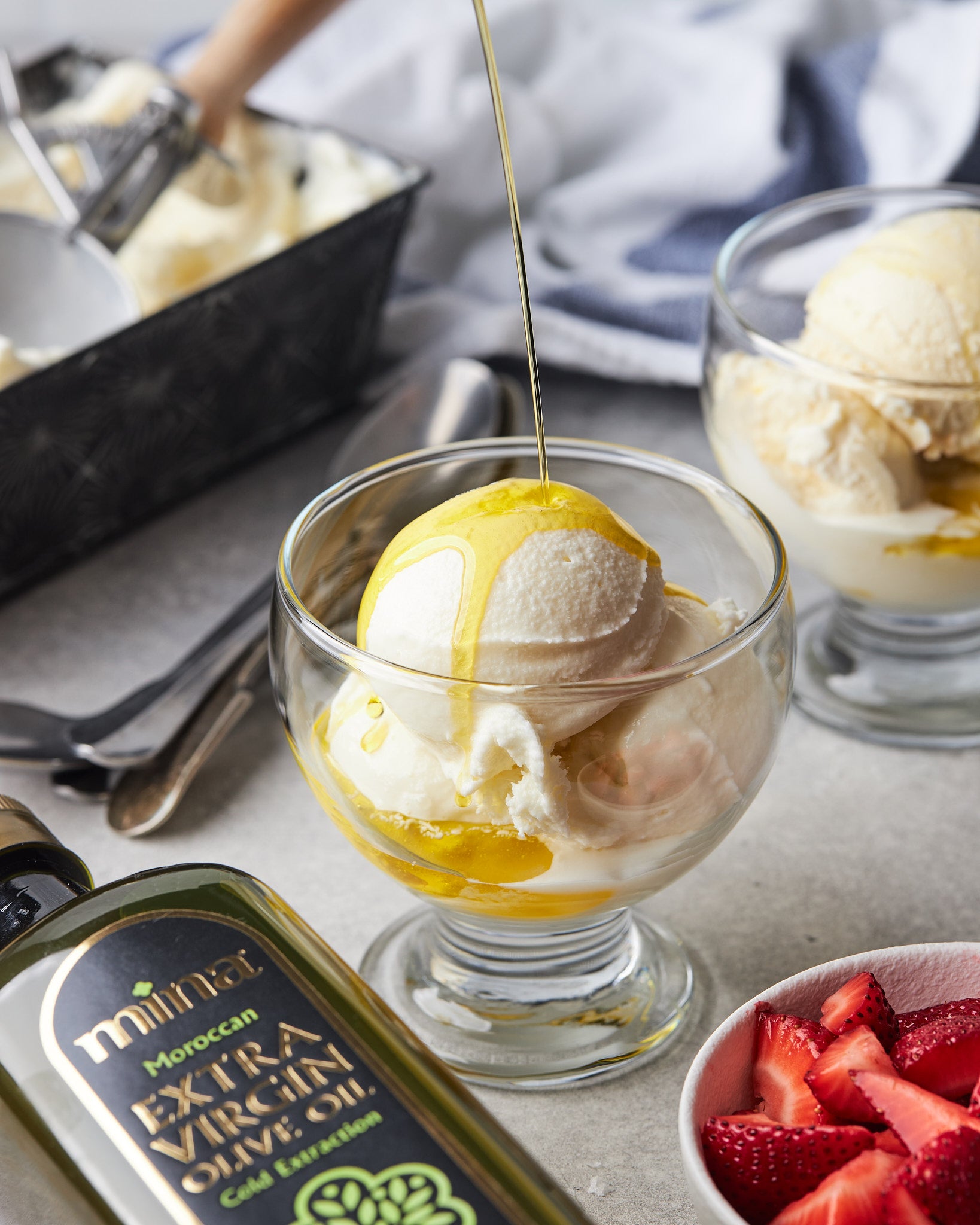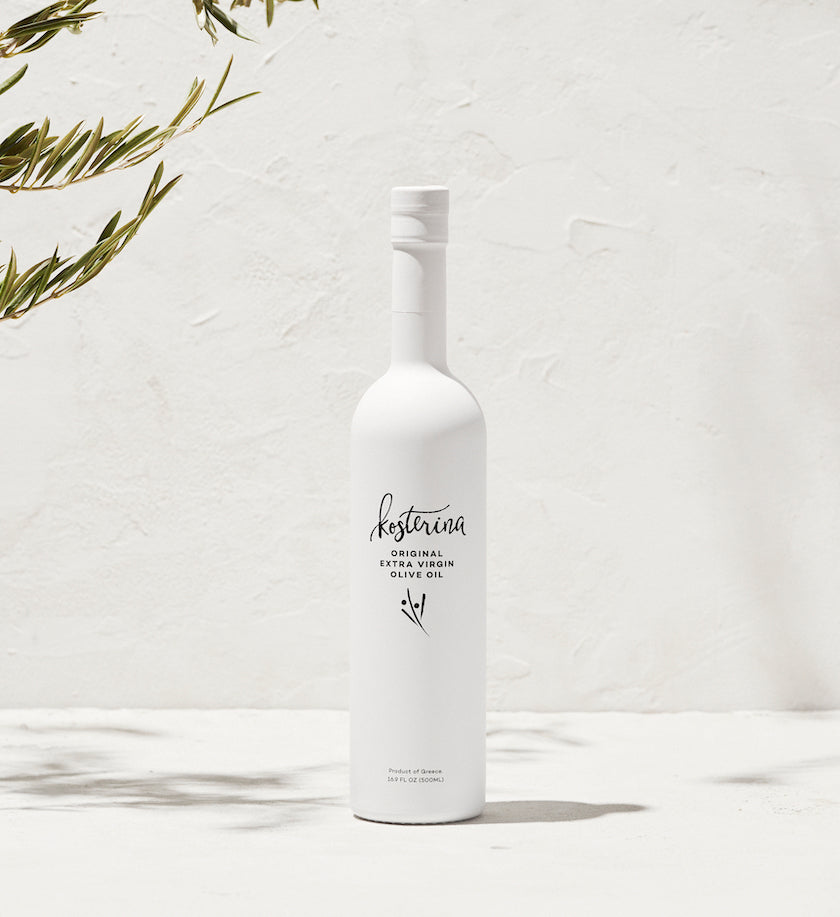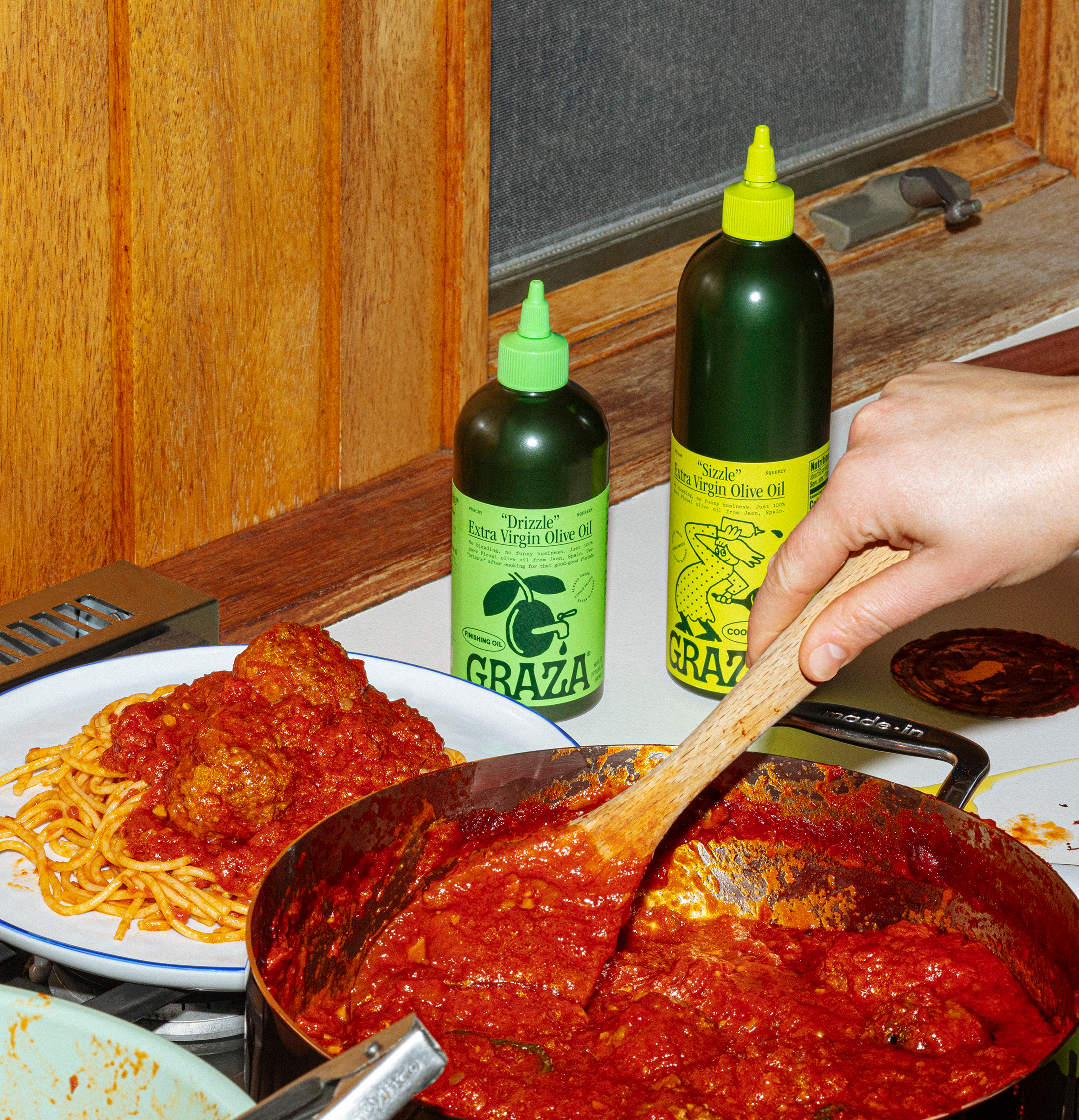Extra Virgin Olive Oil Benefits: A Powerful Antioxidant for Your Body
Wiki Article
Discovering the Various Sorts Of Olive Oil and Their Usages, Including Extra Virgin Olive Oil
The exploration of olive oil includes a diverse range of kinds, each offering distinct flavors and cooking applications. Additional virgin olive oil, renowned for its exceptional quality and wellness benefits, serves as a staple in several cooking areas, yet it is only one aspect of this complex ingredient.What Is Olive Oil?
Stemmed from the fruit of the olive tree, olive oil is a staple in Mediterranean food and an essential component in various culinary applications. This functional oil is produced by pressing whole olives, leading to a liquid that differs in flavor, color, and scent relying on the sort of olives used, the area of cultivation, and the extraction process. Olive oil is mainly made up of monounsaturated fats, specifically oleic acid, which is known for its potential wellness advantages, consisting of anti-inflammatory buildings and cardio support.In addition to its culinary uses, olive oil has a lengthy background of application in traditional medicine and skincare, owing to its abundant antioxidant web content (extra virgin olive oil benefits). The oil is often used in dressings, marinades, and for cooking methods such as sautéing and roasting. Its distinct flavor account can boost the taste of various recipes, making it an important ingredient for both home cooks and specialist cooks
Additionally, olive oil is commemorated for its function in the Mediterranean diet plan, which is connected with various health and wellness benefits. As understanding of these advantages expands, olive oil remains to obtain appeal worldwide as a basic part of a healthy lifestyle.
Kinds Of Olive Oil
Recognizing the different kinds of olive oil is crucial for both health-conscious consumers and cooking lovers. Olive oil is classified primarily based upon its extraction approach and quality, which significantly impacts its health, fragrance, and flavor advantages.
Light olive oil, despite its name, describes a lighter taste and not lower calories. It is perfect for those seeking an extra refined preference in dressings and marinates. Additionally, there are flavorful olive oils instilled with herbs, spices, or citrus, which can boost meals without the requirement for additional seasoning.
Each kind of olive oil serves specific cooking functions, and understanding these differences enables customers to make informed choices that straighten with their food preparation styles and wellness objectives.
Additional Virgin Olive Oil
Extra virgin olive oil (EVOO) is commonly concerned as the finest quality olive oil offered, renowned for its rich taste and various health advantages. To be classified as additional virgin, the oil must be produced from fresh olives making use of mechanical processes, without the usage of solvents or excessive warmth. This precise approach preserves the oil's all-natural tastes, antioxidants, and healthy fats, resulting in a product with a reduced level of acidity level of less than 0.8%.EVOO is bountiful in monounsaturated fats, especially oleic acid, which is connected to reduced swelling and improved heart health. It additionally includes polyphenols, effective antioxidants that may supply protective impacts versus chronic conditions. The flavor profile of EVOO can differ significantly depending upon the olive selection and region of production, varying from fruity and grassy to durable and sharp.

Culinary Uses of Olive Oil

In cooking, olive oil can be used for sautéing, roasting, and grilling, providing a healthier option to butter or other fats. Its high smoke point makes it appropriate for various cooking methods, while its antioxidants contribute to a heart-healthy diet regimen. Showering olive oil over ended up meals, such as pasta, fish, or barbequed vegetables, can elevate tastes and include a touch of sophistication.
Additionally, olive oil plays a considerable function in baking, where it can change traditional fats in dishes for bread and breads, passing on moisture and a subtle preference. It likewise functions as a base for instilled oils, permitting cooks to explore flavors such as garlic, herbs, or chili, better broadening its culinary potential. On the whole, olive oil's adaptability makes it important in both home and expert kitchens.
Finding High Quality Olive Oil
When wikipedia reference choosing top quality olive oil, it's important to take into consideration a number of key elements that influence the item's aroma, wellness, and flavor advantages. Most importantly, go with added virgin olive oil (EVOO), which is stemmed from the very first cool pressing of olives and has the highest degree of antioxidants and valuable substances. Search for oils that are licensed by recognized organizations, as this usually ensures adherence to rigid quality requirements.The product packaging also plays a considerable function in maintaining the oil's integrity. Select oils kept in dark glass containers or tins to safeguard versus light destruction. Pay attention to the harvest date; fresher oils use premium flavor and nutritional value, so you can try here choose items that are within 18 months of their harvest.
Be aware of the preference; an excellent top quality olive oil need to have a balance of fruity, bitter, and sharp notes, suggesting its richness and complexity. By evaluating these variables, you can guarantee you are selecting the finest olive oil for your cooking requirements.
Final Thought
In summary, the expedition of different types of olive oil reveals unique characteristics and applications, with added virgin olive oil representing the peak of high quality due to its reduced acidity and high antioxidant web content. Comprehending the various selections of olive oil allows for informed selections in cooking approaches, promoting much healthier techniques while enhancing the overall gastronomic experience.Acquired from the fruit of the olive tree, olive oil is a staple in Mediterranean cuisine and a crucial ingredient in different cooking applications.The most common kinds of olive oil consist of refined olive oil, pure olive oil, and light olive oil.Additional virgin olive oil (EVOO) is extensively pertained to as the greatest top quality olive oil available, well known for its abundant taste and various health and wellness advantages. Decide for extra virgin olive oil (EVOO), which is obtained from the initial cool pressing of olives and consists of the highest possible degrees of antioxidants and helpful substances.In summary, the expedition of numerous types of olive oil reveals unique attributes and applications, with added virgin olive oil standing for the pinnacle of quality due to its low level of acidity and high antioxidant content.
Report this wiki page